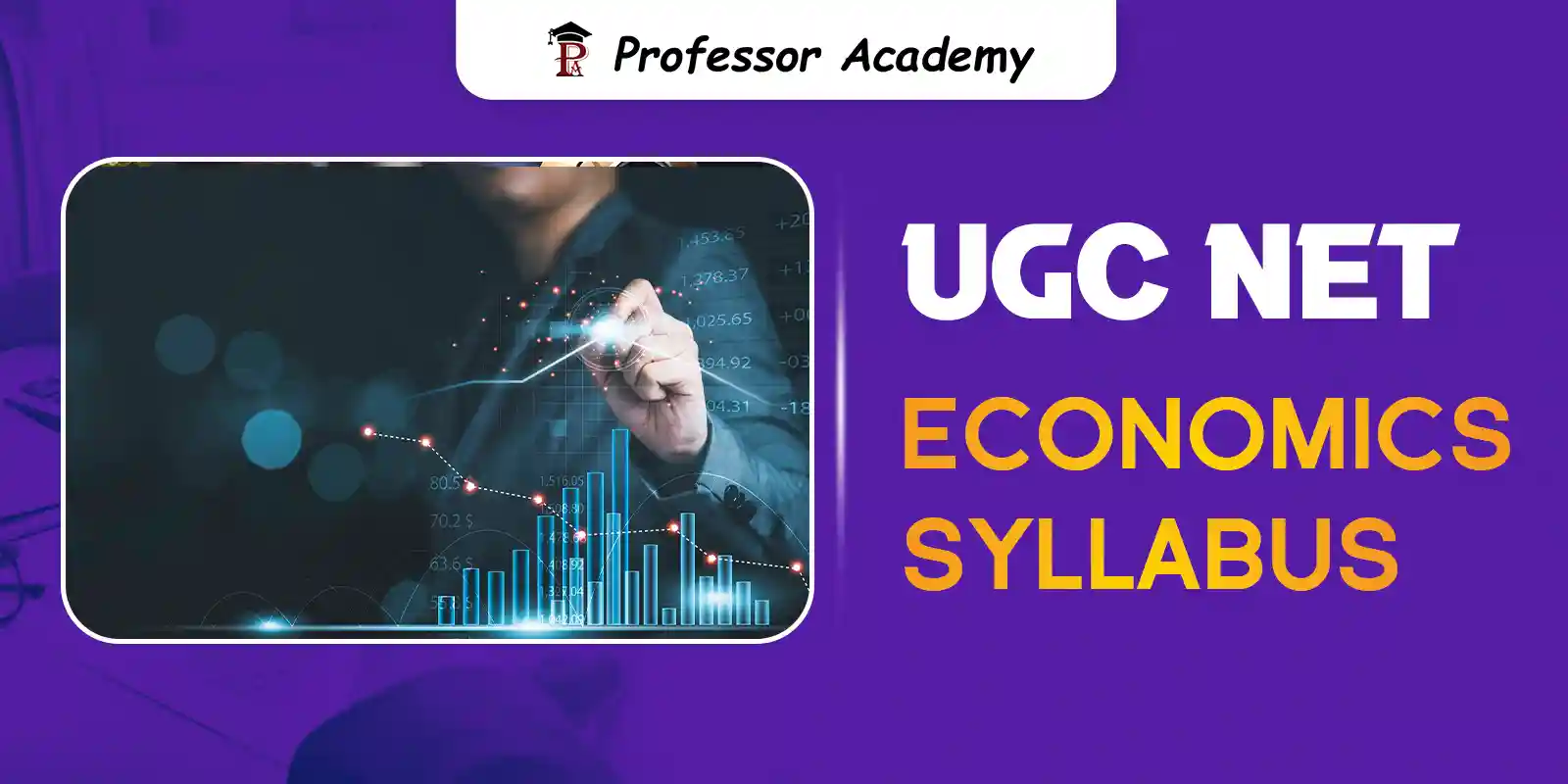
Get a clear understanding of the UGC NET Economics syllabus to boost your exam preparation.
This detailed guide covers all key units and topics included in Paper II, helping you focus on high-weightage areas essential for JRF and Assistant Professor eligibility.
Stay aligned with the latest exam pattern and plan your study strategy effectively.
Click below to read the complete UGC NET Economics syllabus.
Enroll Us For UGC NET Economics Course:
Enrol Now: https://professoracademy.com/courses/economics/
Contact Us: +91 7070701005 / +91 7070701009
Mail: enquiry@professoracademy.com
Professor Academy – Your Path to UGC NET Success Begins Here!
Category: UGC NET
Tags: UGC NET, UGC NET / JRF Economics Syllabus, UGC NET Syllabus

Hi!
